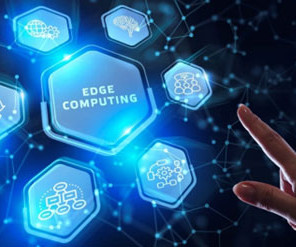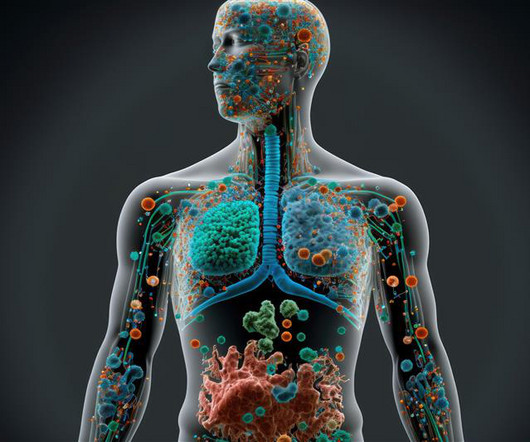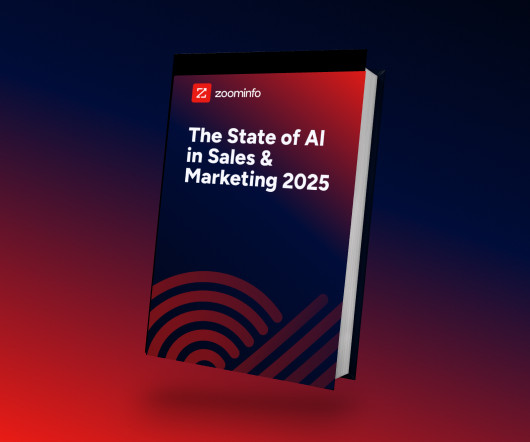Will Skills-Based Hiring Overtake Degree Requirements?
TRG Blog
NOVEMBER 29, 2024
Traditionally, a university degree has been seen as the golden ticket to career success. But there is a growing trend towards skills-based hiring , with more emphasis on the specific abilities a candidate can demonstrate rather than the diplomas they hold. But is this shift the future of hiring or just another fleeting trend?












Let's personalize your content